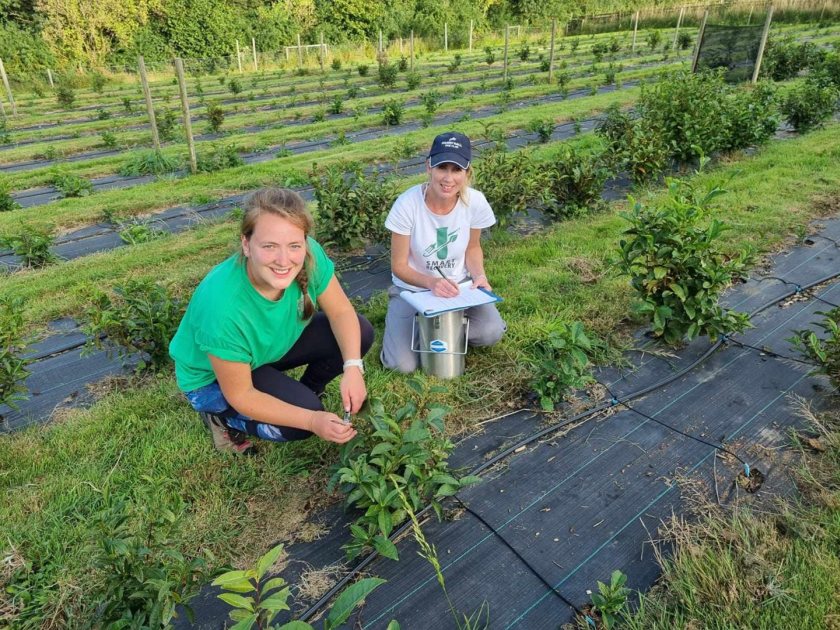Researchers brew up future for UK-grown tea

Tea fields may soon rival sheep pastures on the Welsh hillsides, as research suggests the UK could become a serious player in home-grown tea production.
Researchers are pointing to the viability of growing tea in non-traditional regions, particularly in mid Wales and south-west England.
Scientists at Aberystwyth University have harnessed machine-learning techniques to analyse the chemical profiles of tea plants cultivated in areas such as Powys and Dartmoor.
Their work could pave the way for a stronger UK-grown tea industry, helping producers to develop tailored breeding and cultivation methods that suit local climates.
Tea can be grown in the UK, but there are several challenges that make it more complex than in traditional growing regions.
Due to cooler temperatures, UK-grown tea grows slower than in tropical climates, with the plants preferring consistent warmth and humidity.
The team is currently collaborating with Dartmoor Estate Tea in Devon, a site chosen for its unique microclimate and diverse soil types.
The study is examining six varieties of tea selected for their environmental adaptability and chemical complexity.
Dr Amanda J Lloyd, senior researcher at Aberystwyth University, and her team have also been working with Buckhall Farm near Knighton in Powys, one of the few UK farms pioneering high-altitude tea production.
She said: “This study is contributing to the growing field of metabolomics by providing a comprehensive chemical profile of tea grown in a non-traditional region.
"Our findings offer new insights into the adaptability of tea plants and their potential for cultivation in emerging regions, contributing to global food security and agricultural diversification."
Further research will now need to be carried out and will include multi-seasonal sampling and comparisons with traditional tea-growing regions.
It will also include analysis of processed tea to provide a more comprehensive understanding of tea chemistry.
The work builds on an innovative portfolio of research at Aberystwyth University focused on tea’s health benefits, sustainable cultivation and consumer behaviour.








